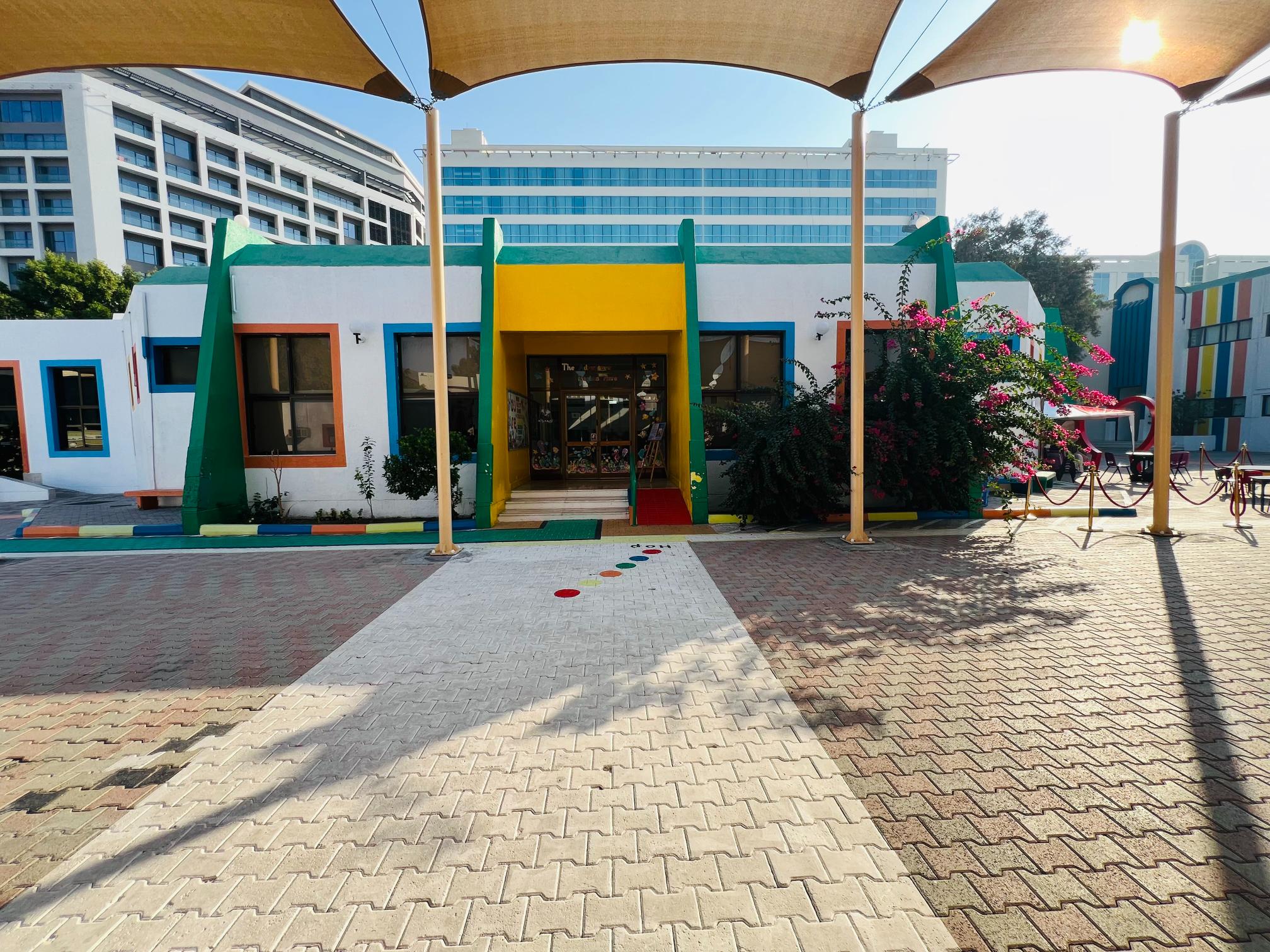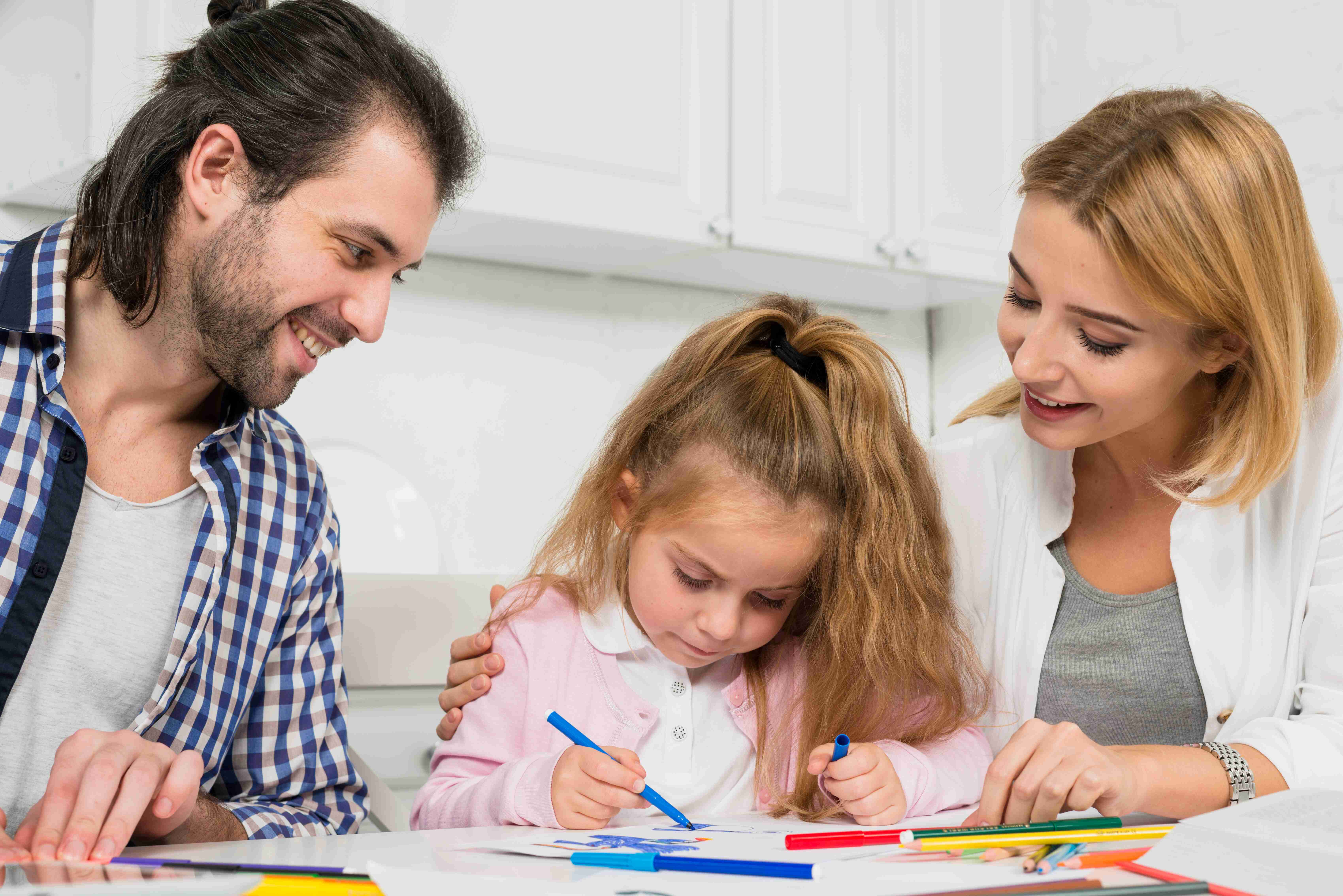Points to consider for DIPS- G parents

Points to consider for DIPS- G parents
Establish Routines and Expectations
Parents need to establish routines and expectations and DIPS-G encourages parents to set regular hours for their children’s schoolwork. We recommend keeping normal bedtime routines for younger children and expect the same from your Secondary aged learners, too. Your children should move regularly and take periodic breaks as they study. It is important that parents set these expectations for how their children will spend their days.
Begin and End Each Day with a Check-in
Parents are encouraged to start and finish each day with a simple check-in. In the morning, ask what is your child learning today? What are their learning targets or goals? How will they spend their time? What resources do they require? What support do they need? This brief grounding conversation matters. It allows children to process the instructions they’ve received from their teachers. It helps them organize themselves and set priorities. Older learners may not want to have these check-ins with parents, but they should happen, nevertheless. Parents should establish these check-ins as regular parts of each day. Not all learners thrive in a distance learning environment, some struggle with too much independence or lack of structure. These check-in routines need to be established early, before learners fall behind or begin to struggle

Take an Active Role in Helping your Children Process and Own their Learning
During the course of a regular school day at DIPS-G, your son or daughter engages with other learners or adults. These social interactions include turning to a peer to exchange a thought or idea, participating in small or large group discussions, asking questions for clarification, collaborating on group projects, and countless other moments. While some of these social interactions can be re-created on virtual platforms, others will not. Human beings learn best when they have opportunities to process their learning with others. Beyond the check-ins recommended at the start and end of each day, parents should regularly circle back and engage with their children about what they are learning, whenever possible. However, it is important that your child owns their work so please do not complete assignments for them, even when they find it challenging.
Establish Times for Quiet Reflection
A huge challenge for families with multiple children will be how to manage all of their children’s needs, especially when those children are of different ages and have different needs. There may be times when siblings need to work in different rooms to avoid distraction. Parents may even experiment with noise-cancelling headphones to block out distractions
Encourage Physical Activity and/or Exercise
Make sure your children remember to move and exercise. This is vitally important to their health, wellbeing, and to their learning. DIPS-G’s physical education teachers will recommend activities or exercises, but it is important for parents to model and encourage exercise! Also think about how your children can pitch in more around the house with chores or other responsibilities. Do not let your children off the hook – expect them to pitch in!
Remain Mindful of your Child’s Stress or Worry
It is imperative for parents to help their children manage the worry, anxiety, and range of emotions they may experience. Difficult though it may be, do your best not to transfer your stress or worry to your children. They will be out of sorts, whether they admit it or not, and need as much normal routine as parents can provide. The DIPS-G counsellors and pastoral team will regularly be posting ‘top-tips’ to support mental wellbeing
Keep your Children Social, but Set Rules Around Social Media
The initial excitement of school being closed will fade quickly when learners start missing their friends, classmates, and teachers. Help your children maintain contact with friends and see them in person when circumstances permit. Please also monitor your children’s social media use, especially during an extended school closure. Older learners will rely more on social media to communicate with friends. Social media apps such as SnapChat, Instagram, WhatsApp, or Facebook are not official school-sanctioned channels of communication. Remind your children to be polite, respectful, and appropriate in their communications and to represent your family’s values in their interactions with others. A student’s written words and tone can sometimes offend or cause harm to others. Please ensure your children know they can come to you if anything they see or hear online makes them feel uncomfortable




